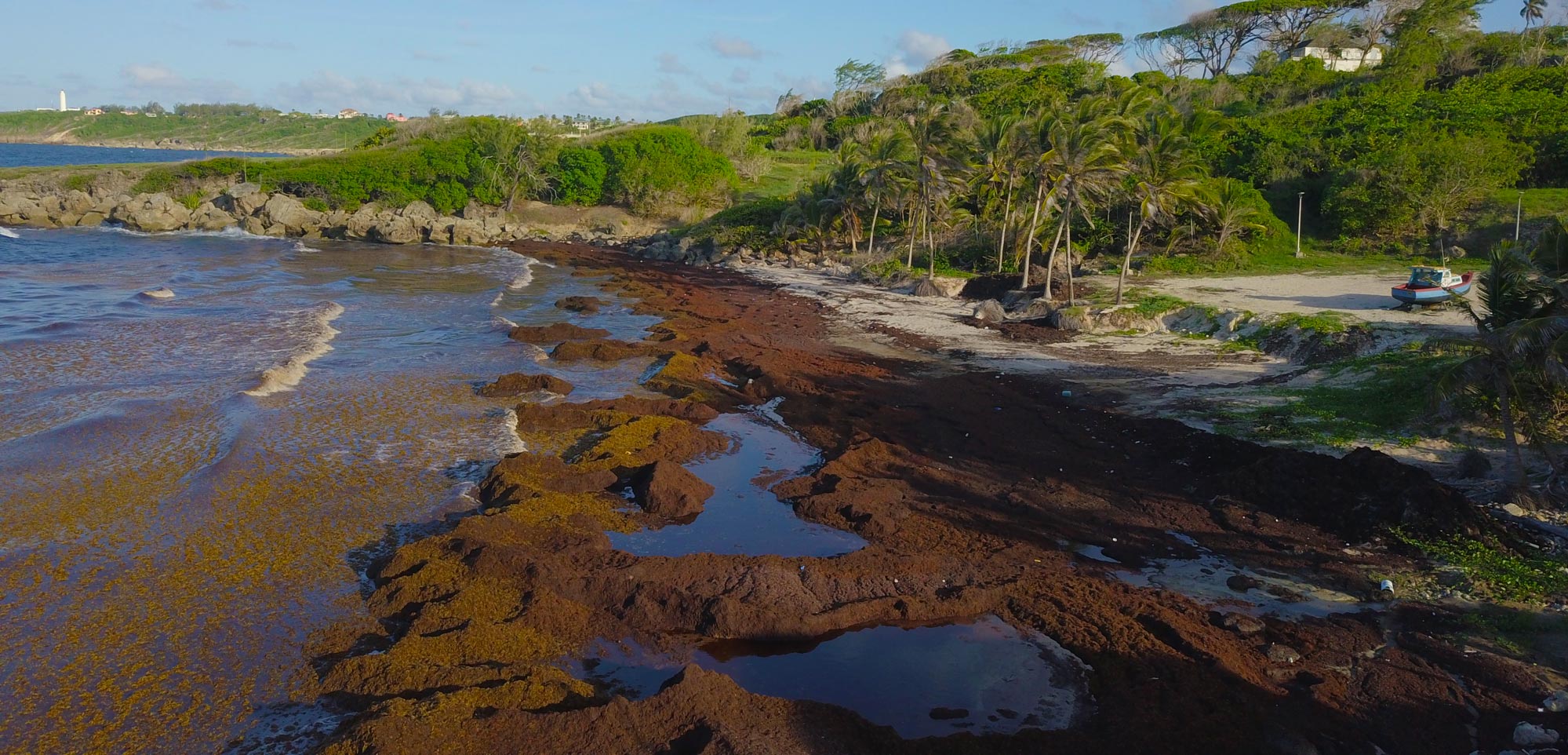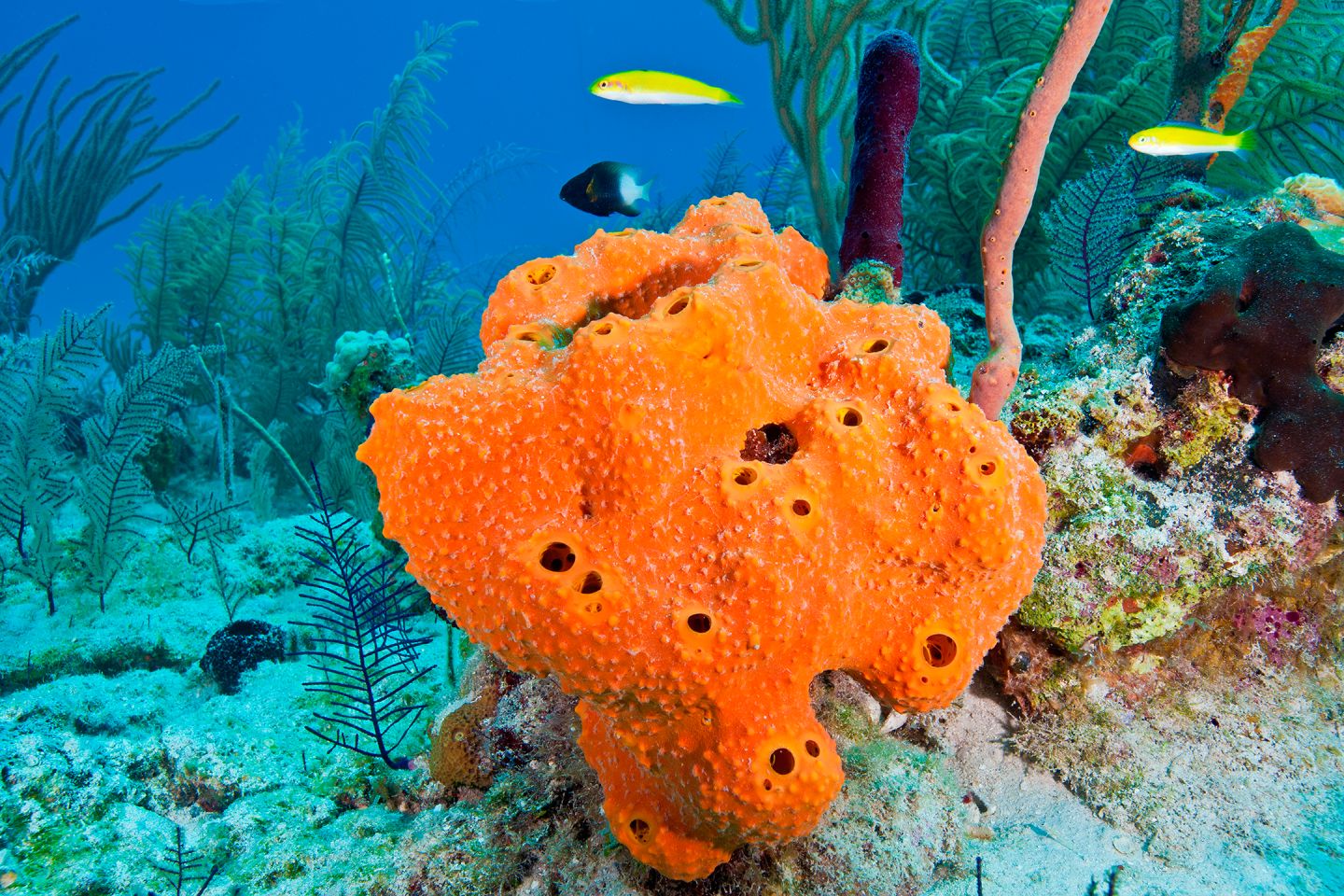 The GEO Blue Planet Initiative, in collaboration with IOCARIBE of IOC-UNESCO, AtlantOS, the Atlantic International Research (AIR) Center and other partners, have developed this hub to provide centralized access to information and tools for monitoring, forecasting, managing, researching of sargassum blooms in the Atlantic Ocean.
The GEO Blue Planet Initiative, in collaboration with IOCARIBE of IOC-UNESCO, AtlantOS, the Atlantic International Research (AIR) Center and other partners, have developed this hub to provide centralized access to information and tools for monitoring, forecasting, managing, researching of sargassum blooms in the Atlantic Ocean.
The GEO Blue Planet Initiative, in collaboration with IOCARIBE of IOC-UNESCO, AtlantOS, the Atlantic International Research (AIR) Center and other partners, have developed this hub to provide centralized access to information and tools for the monitoring and management of sargassum blooms. See details at https://sargassumhub.org/
IOC-UNESCO has been promoting the Tsunami Ready recognition program as an international performance- based community recognition pilot consisting of key actions that help to reduce tsunami-related risks to individuals and communities. Through the Tsunami Ready recognition program, communities become aware of the risks they face from tsunamis and take steps to address them. The Tsunami Ready program seeks to build resilient communities through awareness and preparedness strategies that will protect life, livelihoods and property from tsunamis in different regions. The main goal of the program is to improve coastal community preparedness for tsunamis and to minimize the loss of life, livelihoods and property. This is achieved through a collaborative effort to meet a standard level of tsunami preparedness through the fulfilment of a set of established indicators.
- See the Presentations : https://oceandecade.org/resource/121/Presentation---Ocean-Decade-Virtual-Series-2409
- Watch the replay : https://www.youtube.com/watch?v=i5YX3Zk8vIc&feature=youtu.be
The “African kick-off Conference for the UN Decade of Ocean Science for Sustainable Development, organized by the Government of Egypt (through the Ministry of Higher Education and Scientific Research, the Egyptian National Commission for UNESCO, and the National Institute of Oceanography and Fisheries) and UNESCO (through its IOC and the UNESCO Regional Bureau for Sciences in the Arab States), will serve as a platform for the launch of the Decade in Africa.
The conference is scheduled for February 2021 and is expected to provide a forum to take stock of status of ocean science and technology in the region, deliberate on how ocean sciences in Africa should be supported and focused on delivering the required societal outcomes, and seek interest and commitment of the oceanographic community to embark on a number of directions of research which are critical for ocean sustainable management.
It will also bring energy to the Decade of African Seas and Oceans (2015-2025) by providing impetus for development of ocean sciences, technology and innovation necessary for the harnessing the Sustainable Blue Economy in Africa as outlined in the African Union’s Agenda 2063 (“The Africa We want”) , the 2050 African Integrated Maritime Strategy (2050 AIMStrategy), and the African Blue Economy Strategy.
This virtual session “Ocean and Human Health” is convened by the Intergovernmental Oceanographic Commission of UNESCO in partnership with the Seas, Oceans and Public Health in Europe Project, the BlueHealth Project and the European Marine Board, as part of the Ocean Decade Virtual Series. For registration and additional information, visit https://www.oceandecade.org/events/131/The-Ocean-Decade-Virtual-Series-Ocean-and-Human-Health
- Ninth meeting of the Global Ocean Observing System Steering Committee, part 2 28 September - 1 October 2020
- Scientists Say Land and Ocean Are Key to Tackling Climate Crisis
- 'Look to the ocean for economic growth': Motlanthe presses new agenda
- Locusts threaten food security in Horn of Africa
- As our oceans become more acidic they may corrode the skins of sharks




